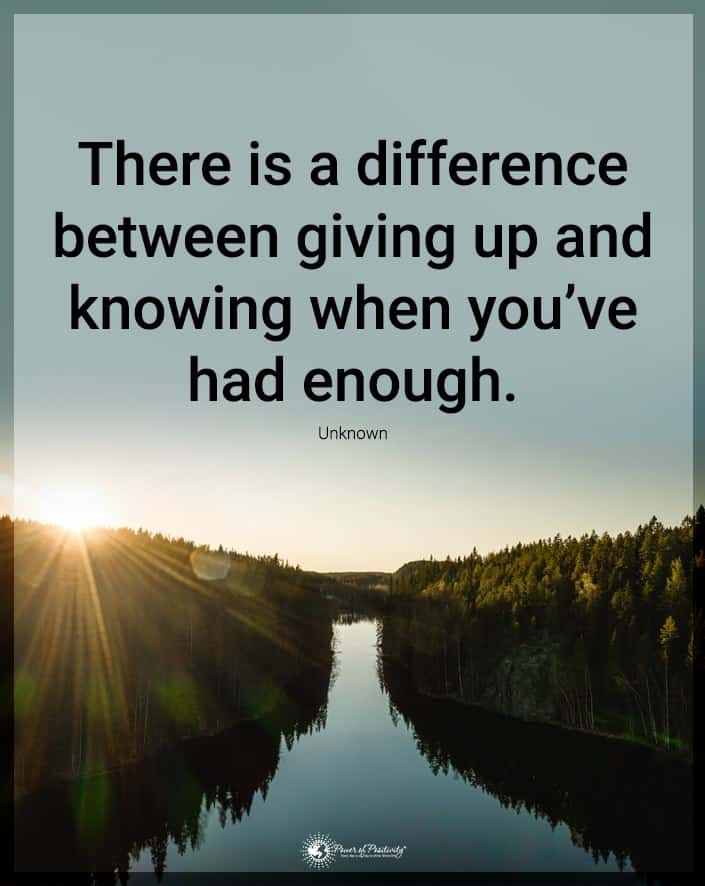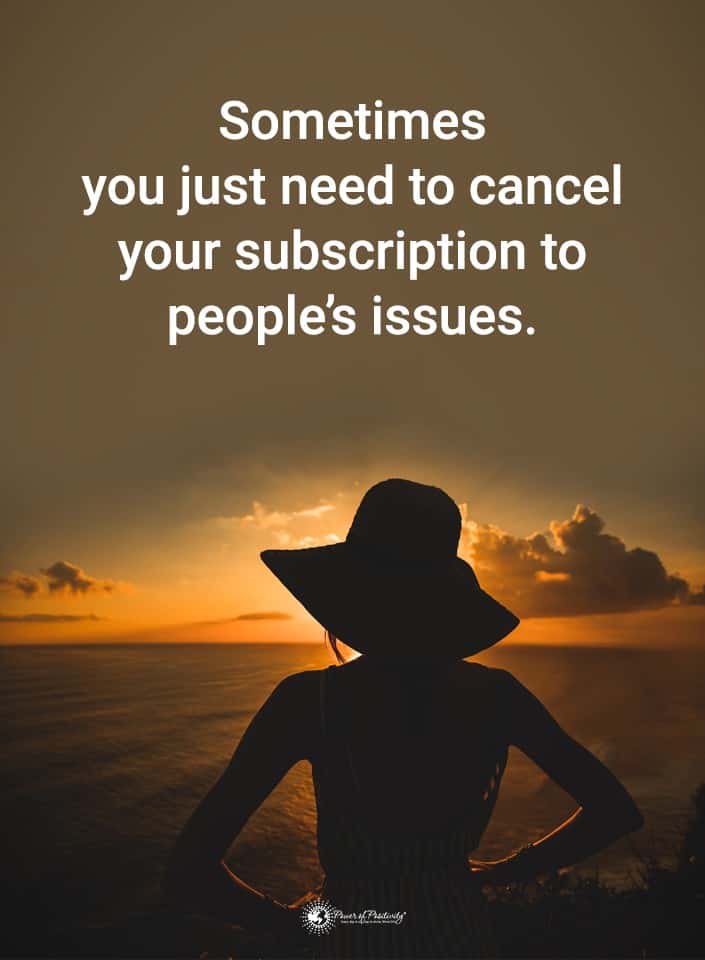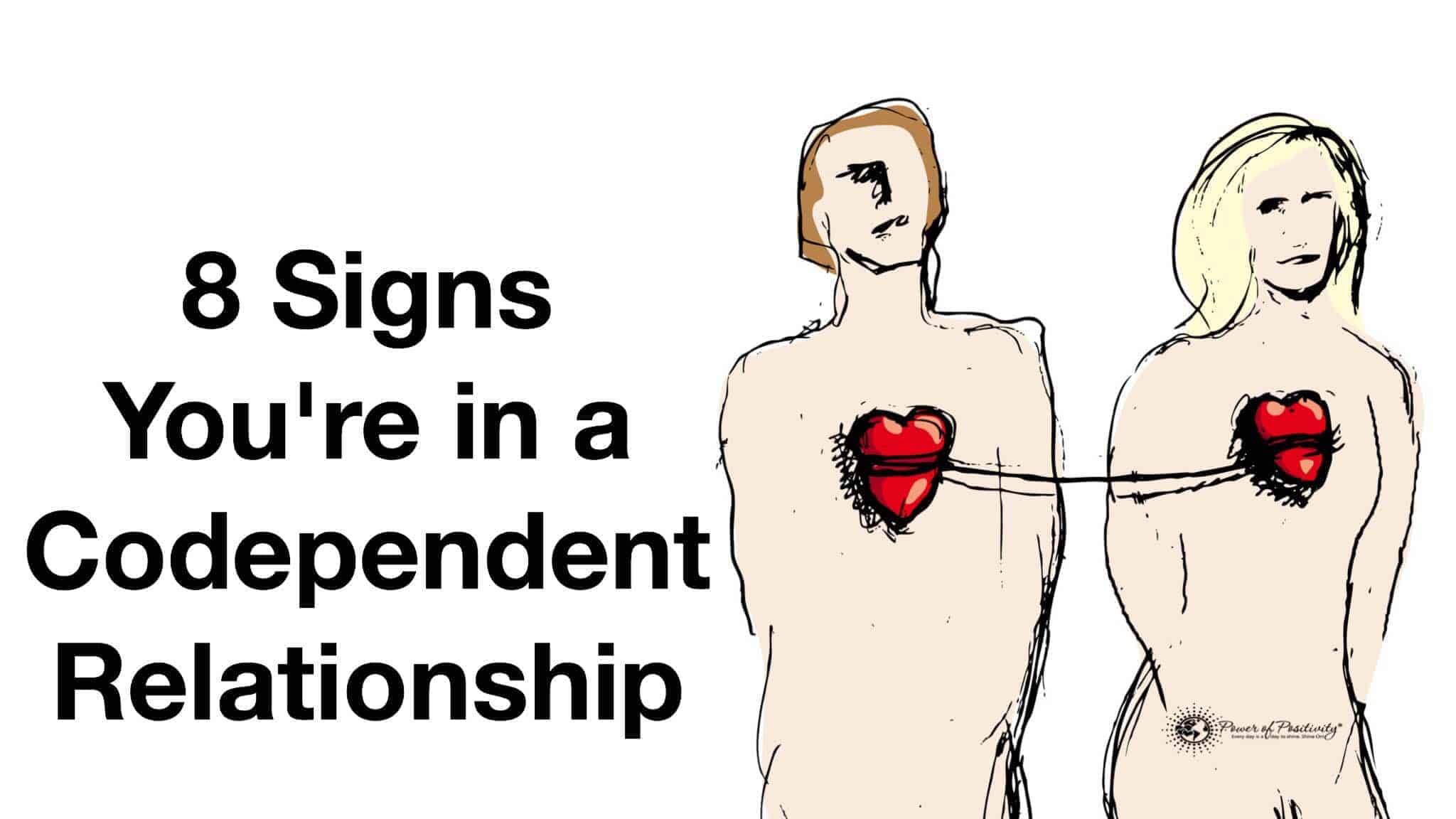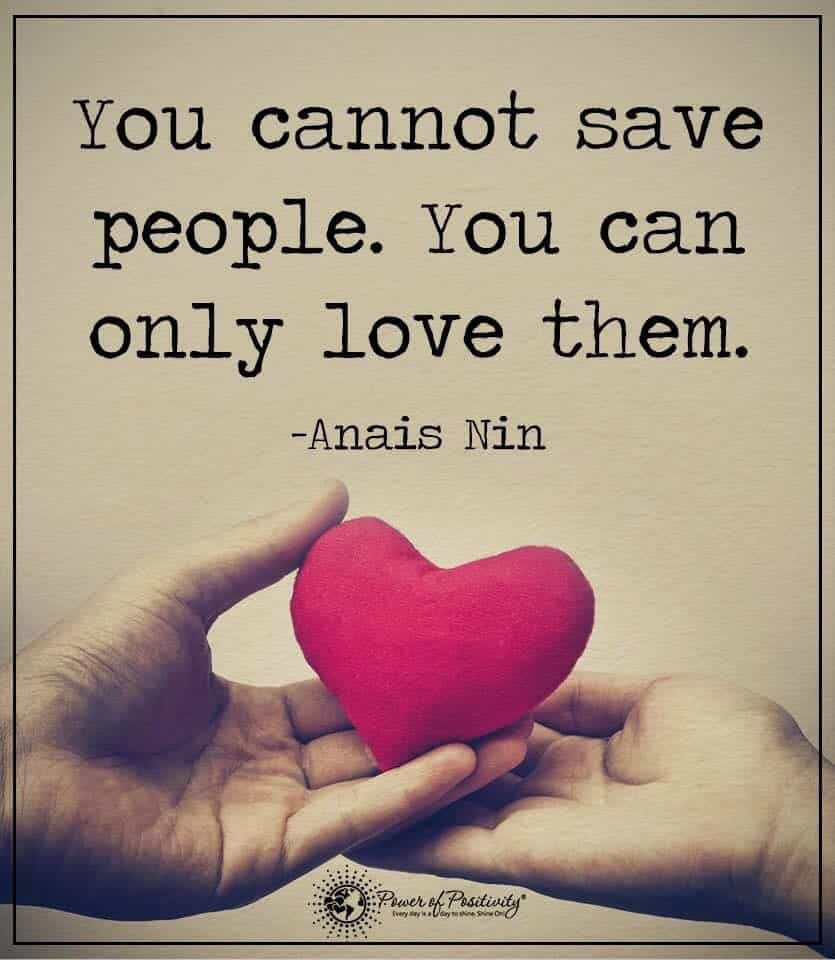You may have never considered yourself to be in a codependent relationship. Still, if any of these eight warning signs are present in your relationship, you may be in for a rude awakening. There are steps that you can take to break the cycle of codependency. But first, you need to be able to recognize it in your relationship.
What Is a Codependent Relationship?
A codependent relationship is a dynamic in which two people become mutually dependent on each other in unhealthy ways. Typically, one partner in the relationship is the enabler, while the other is dependent. The enabler may feel responsible for taking care of the dependent and may prioritize their needs over their own, while the dependent may rely heavily on the enabler for emotional support, validation, and a sense of identity.
Codependent relationships can be found in any type of relationship, including romantic partnerships, family relationships, and friendships. In these relationships, both partners may struggle with boundary issues and have difficulty differentiating between their own needs and the needs of the other person. This can lead to an unhealthy cycle of dependency and enablement that can be difficult to break.
Some common signs of a codependent relationship include an inability to make decisions without the input or approval of the other person, a sense of responsibility for the other person’s emotions, an inability to set healthy boundaries, and a tendency to prioritize the other person’s needs over one’s own. In some cases, codependent relationships may also involve enabling behaviors such as substance abuse, financial support, or emotional manipulation.
Codependent relationships can severely impact the individuals involved, including emotional and psychological distress, a loss of sense of self, and a lack of healthy personal relationships. Additionally, codependent relationships can be challenging to break out of, and individuals may require therapy or other forms of support to learn healthy relationship skills and establish healthy boundaries.
Ultimately, codependent relationships are about an unhealthy dynamic of mutual dependency, where the needs and wants of one partner are prioritized over the others. Breaking out of this cycle often requires acknowledging and addressing the underlying issues contributing to codependency, including low self-esteem, boundary issues, and a need for control or validation. By addressing these issues, individuals can develop healthy relationship skills and establish healthier, more fulfilling relationships.
8 Warning Signs That You’re In A Codependent Relationship

Researchers examining codependency say that codependency has been defined as an addiction, the cause of an addiction, or the result of someone else’s addiction.
Codependent adults frequently start out as codependent children who had to grow up quickly when one or more parents needed parenting themselves. Now as an adult, they repeat the same negative pattern of trying to take care of others at the expense of themselves.
1. You think you can help your partner to change
Even though you have not successfully gotten your partner to change in the past, you keep trying. You feel certain you could be happy if only they would listen. People in a codependent relationship try to fix each other’s negative behavior rather than changing their own destructive habits.
Researchers studying codependent relationships find that feelings of shame, low self-esteem, and having to be a parent to your own parent at a young age were all correlated with an adult codependent relationship. The researchers believe that therapy to heal the self-image will help people to heal from codependent relationships.
2. You say ‘Yes’ when you really mean ‘No,’ and then feel resentful about it
Caving in to your partner’s demands in an attempt to ‘make them happy’ is unproductive and hurts your own personal integrity. Pay attention to your own needs first and make sure that they are being met first. To break the cycle of a codependent relationship, you must learn to fulfill your own needs without your partner’s help.
3. You have so much love to give, but your partner seems to reject it
Giving until it hurts is your motto when you’re in a codependent relationship. You shower your partner with love and support. You might also help them with financial and emotional problems, but they don’t seem to be able to heal themselves in spite of your love.
4. Your partner’s mood affects your own mood
You are too sensitive to your partner’s mood and needs, but what about your own? You can’t change how they feel, but you can change your own emotional state and how you respond to their negative mood.
5. You rarely do anything away from your partner
Is it that you don’t trust what they will do apart from you, or do they control your comings and goings? In a codependent relationship, one or both partners seek to control the other person’s behavior. This is not a healthy pattern.
6. You worry about your partner leaving you
Feeling insecure about your relationship is expected in a codependent relationship but not normal in a healthy one. Your partner is always angry at you because you keep asking them to change, and you are frustrated by their lack of change but determined to keep trying. You worry they will reject your help and spiral further into their negative pattern.
7. You fantasize about leaving your partner
Life would be so much easier with someone who would listen to your feedback or who at least wasn’t so angry all of the time. Although these thoughts drift through your head, you are unlikely to do anything to leave your partner. That is the nature of a codependent relationship.
8. Your partner’s behavior is borderline, or over the line, abusive
Do you feel afraid of your partner? Do you feel like they are suspicious of your activities away from them? Or do they accuse you of things you have not done or tell you what you can and can’t do? Do they limit your friendships with others? Are they abusing drugs or alcohol or engaging in other self-abusive behavior?
Children of alcoholics are particularly susceptible to getting into a codependent relationship. Wanting to sacrifice your needs to anyone who is engaging in destructive behavior by protecting them from themselves is a sign that you’re in a codependent relationship.

Final Thoughts on Your Codependent Relationships and Your Safety
If you have any concerns about your safety in an abusive codependent relationship, get to a safe place and call the National Domestic Violence Hotline at 1-800-799-7233 or go to their website for resources and help.


















